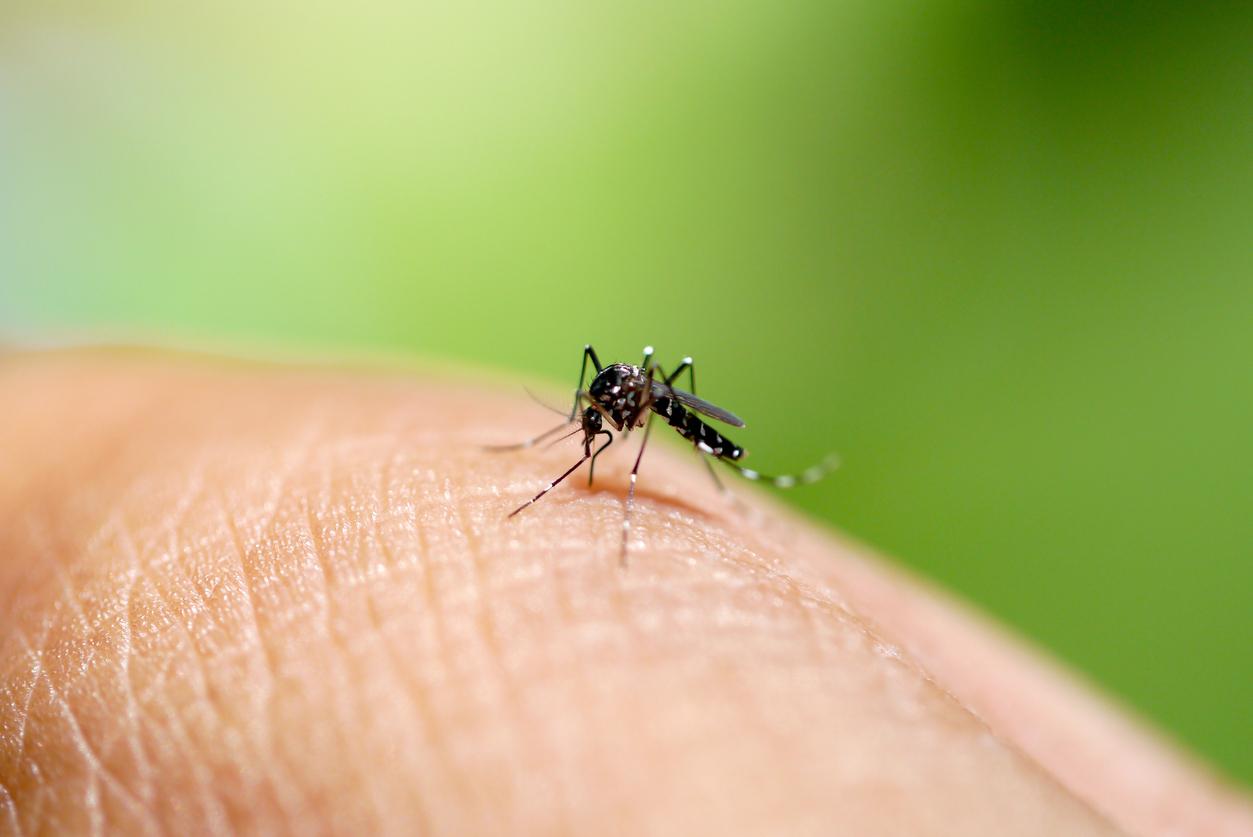December 20, 2004 – A treatment combining a drug with an extract of a Chinese plant – the annual mugwort – proves to be very effective in the fight against malaria. Yet this parasitic disease is on the rise and continues to kill 1.5 million people each year, mostly children. An artificial shortage of treatment would be responsible for this situation.
As malaria has become resistant to traditional treatments like chloroquine, the World Health Organization (WHO) has recommended since 2001 the use of four treatments, one of which is a combination of artemether-lumefantrine. This is a drug combination comprising artemisinin, an extract of annual mugwort (Artemisia annua) which grows mainly in China and South Asia.
The effectiveness of this “natural” treatment is beyond doubt. Experiences in several countries have shown that after three days of taking the drug, 90% of people get back on their feet.
However, demand has exploded, from 220,000 treatments in 2001 to 10 million this year. According to WHO projections, 60 million treatments will be required in 2005. While it is expected that a few months will be needed to adjust annual mugwort production to demand, it appears that local producers have also adjusted their rising prices, making the drug less accessible to poor countries, where malaria predominantly strikes.
Towards a synthetic solution
To remedy the situation and manage to curb the scourge, more and more efforts are being devoted to the search for a synthetic formula of artemisinin.
This is what the Institute of OneWorld Health, a not-for-profit pharmaceutical company located in California, is working on. A few days ago, the founder of Microsoft, Bill Gates, gave him a donation of 42 million US dollars, so that his researchers quickly develop a synthetic formula of artemisinin. The goal: to produce an inexpensive drug on a large scale.
Malaria is a parasitic disease that spreads in hot and humid regions of the world. Usually inoculated by a mosquito bite, this condition is manifested by intermittent excess fever. Malaria affects 300 million to 500 million people annually, mainly in the Third World.
Martin LaSalle – Proteus Network
According to The Economist, CNN, Associated Press and the World Health Organization (WHO).















